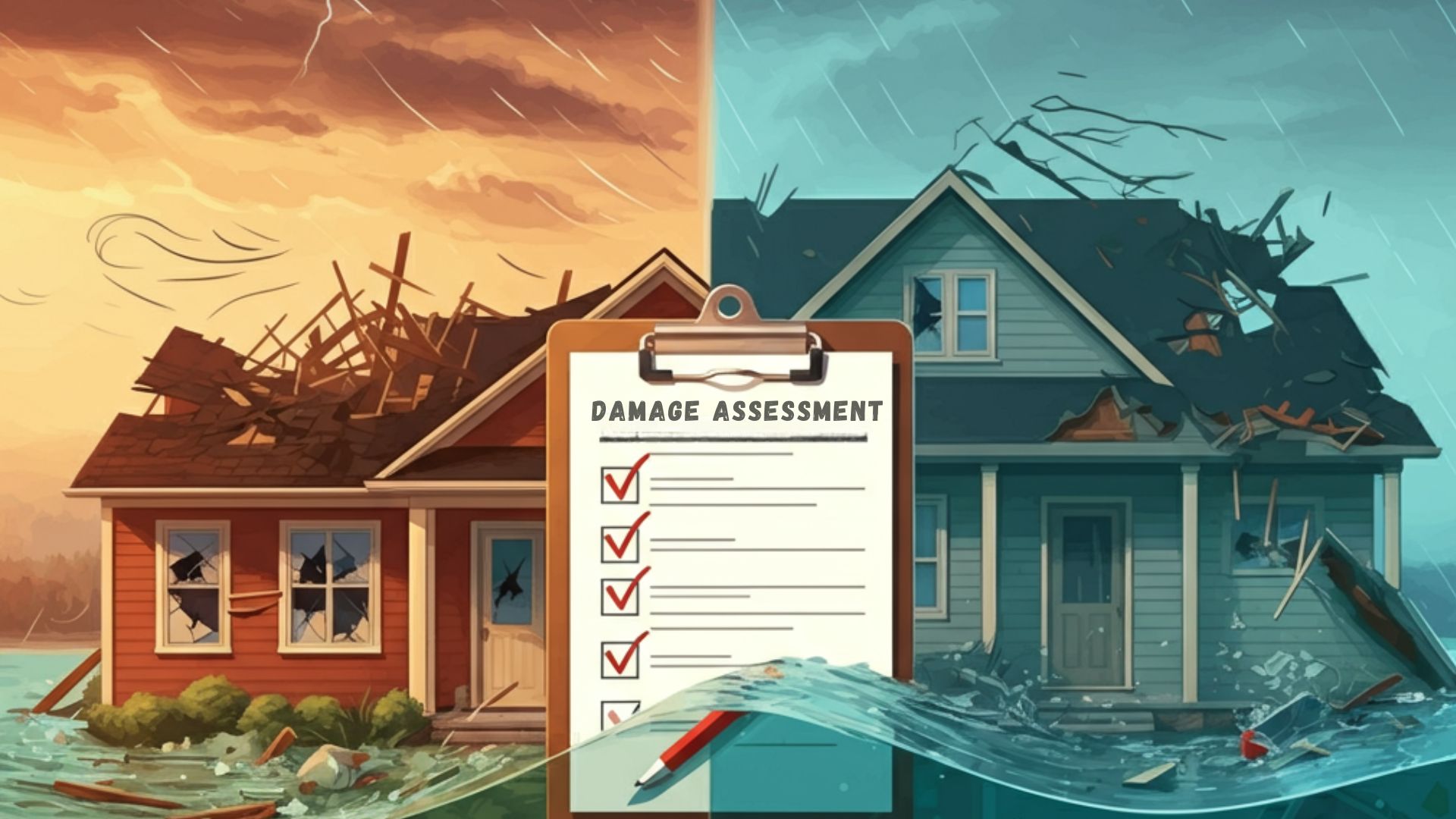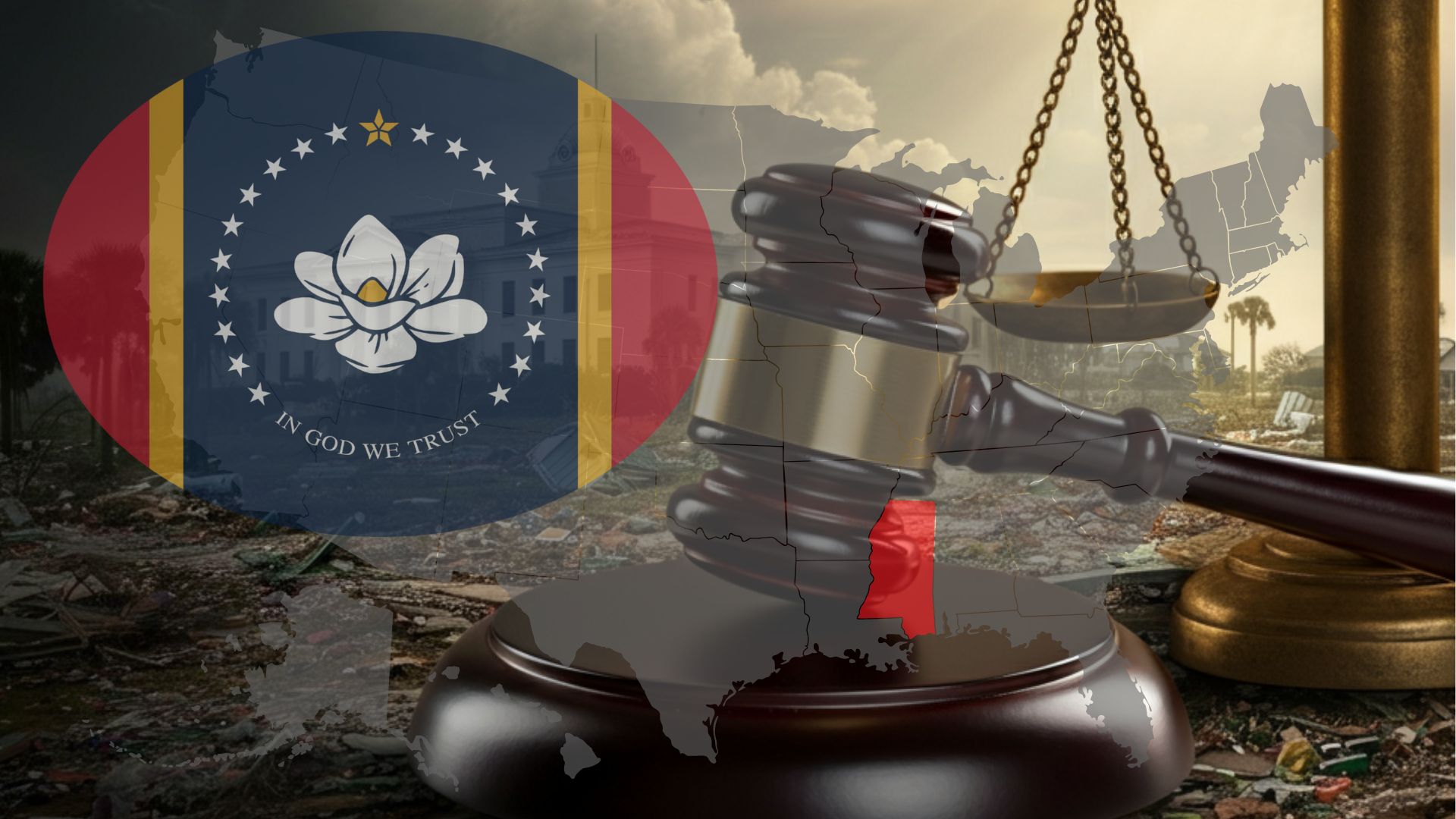Just recently, the Mississippi Supreme Court has upheld a landmark $15 million award against United Services Automobile Association (USAA) for acting in bad faith when handling a Hurricane Katrina insurance claim. The decision brings closure to a nearly two-decade-long legal battle spearheaded by the estate of Paul and Sylvia Minor, a couple who lost their iconic Ocean Springs home in the devastating 2005 storm.
A Historic Home and a Long Legal Battle
The Minors’ home wasn’t just a personal residence; it was a piece of architectural history. Designed in the late 19th century by Louis Sullivan, an influential architect, and later completed by Frank Lloyd Wright, the waterfront home stood as a testament to resilience before Katrina’s record-breaking storm surge destroyed it.
Paul and Sylvia Minor held a homeowner’s insurance policy with USAA, which covered wind damage but excluded flood damage caused by storm surges. After the storm, the insurance company issued minimal payments for wind-related damage but refused to cover the full extent of losses, arguing that most damage came from flooding—a claim disputed by the Minors.
The legal battle began in 2008, when the Minors filed a lawsuit against USAA, citing breach of contract and bad faith. Evidence later presented in court revealed troubling practices by the insurer, including the concealment of engineering reports that supported the Minors’ claims and years-long delays in payments. Sylvia passed away in 2009 from breast cancer, and Paul eventually moved out of state, leaving their children to continue the fight for justice.
Key Points from the Courtroom
Over the years, the case wound its way through lower courts before landing at the Mississippi Supreme Court. A 2013 jury initially awarded the family $1.5 million in compensatory damages but declined to grant punitive damages. However, in 2017, an appellate court overturned that earlier decision, allowing for further trials focused on USAA’s bad-faith conduct.
During a 2022 trial, a second jury found USAA guilty of acting with gross negligence and recklessness in handling the Minors’ claim. The jury handed down a $10 million punitive damages award on top of approximately $458,000 to cover attorney fees. This sum was later increased by the Supreme Court, which added an additional $4.5 million in legal costs—a move the court justified as an effort to make the estate whole after enduring years of delays and challenges.
The Mississippi Supreme Court stated in its ruling that USAA exhibited apparent recklessness in attempting to deny valid claims and misled policyholders who had paid premiums for decades. The judges emphasized the insurer’s obligation to honor policy agreements promptly and fairly, decisions that underlined the heightened scrutiny over its handling of Hurricane Katrina claims.
Arguments on Both Sides
USAA contended that the $15 million award set a precedent that could destabilize Mississippi’s insurance market. They argued the punitive damages were disproportionate and inconsistent with reforms designed to prevent excessive awards by juries. The company claimed its actions were not driven by malice or fraud but were instead complications arising from disputes over wind-versus-flood damage assessment.
On the other side, attorneys for the Minor estate pointed to years of evidence showcasing systemic delays, withheld documents, and deliberate underpayments. Attorney Jim Reeves described USAA’s conduct as “egregious,” noting that the company knowingly denied legitimate claims from customers who were already emotionally and financially devastated.
The case also drew the attention of state officials and industry groups, with State Insurance Commissioner Mike Chaney siding with the insurer, arguing that large punitive damage awards could lead to “unaffordable” premiums for residents. However, the court maintained that this case went beyond routine disputes, emphasizing the grossly negligent actions of USAA.
What This Means for Homeowners and Insurers
For Mississippi homeowners and those in regions prone to natural disasters, the ruling could act as a deterrent, encouraging insurers to adjust claims promptly and fairly to avoid costly litigation and penalties. Critics argue that such outcomes could increase premium costs, but others believe this accountability will prompt insurers to invest in better claims handling practices.
The Minor family’s perseverance offers a powerful reminder that the justice system can work, even when the fight feels insurmountable. Their effort shed light on systemic practices that impacted numerous policyholders across the Gulf Coast post-Katrina.
Reflecting on the Broader Implications
What lessons can both insurers and policyholders take from this case? For insurers, the takeaway is clear—transparency and timely responses are non-negotiable. Ignoring valid claims or delaying payments can result in not only financial penalties but also reputational damage.
For policyholders, this case underscores the importance of understanding your insurance policy inside and out, documenting losses thoroughly, and seeking expert legal advice when faced with challenges. The Minors’ estate fought for nearly 16 years to secure justice, a testament to the potential for individual efforts to drive larger change.


